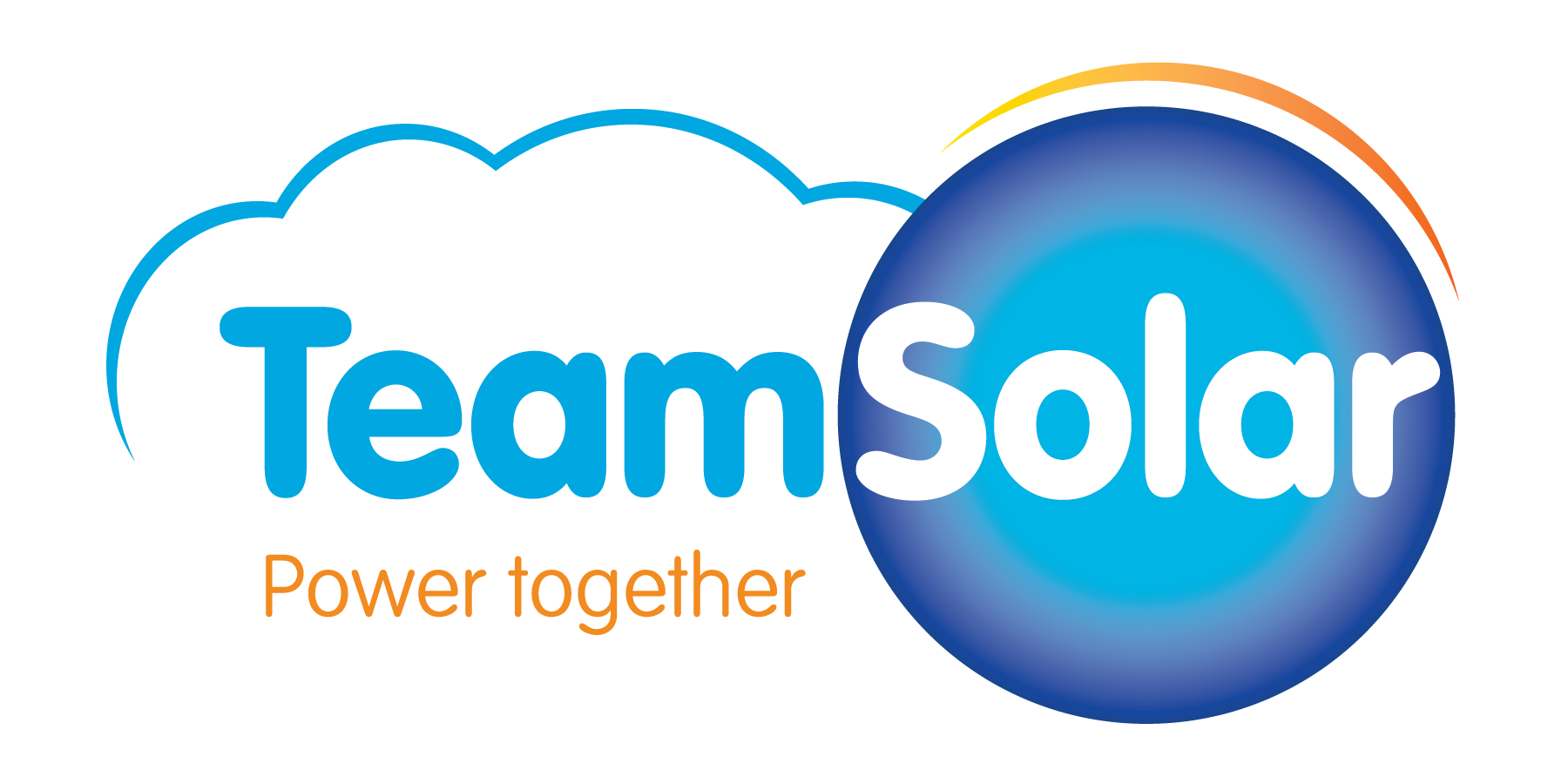Are you a Maine homeowner looking to take control of your energy costs while reducing your carbon footprint? Look no further! Team Solar is here to help you harness the power of the sun and make a positive impact on your home, your wallet, and the environment.
A SOLAR INVESTMENT: HOW QUICK WILL I MAKE MY MONEY BACK?
Are you tired of shelling out a fortune on your electricity bills? Well, Mainers, it's time to tap into the power of the sun and go solar! Not only will you be doing your part to combat climate change, but you'll also be pleasantly surprised by how quickly you can recoup your investment. So, strap on your solar shades and let's dive into the sunny side of going solar in Maine!
Maine may be known for its picturesque landscapes and cold winters, but don't let that fool you. The Pine Tree State is actually one of the best places in the United States to harness solar energy. With an average of 200 sunny days per year, Maine's solar potential is as bright as a lighthouse on a clear night.
But how quickly can you start counting the Benjamins when you install solar panels on your roof? Let's break it down.
First, the cost of going solar in Maine. Like any home improvement project, there is an upfront investment associated with installing solar panels. However, thanks to federal and state incentives, the cost has never been more affordable. The federal solar investment tax credit (ITC) allows you to claim 26% of the total cost of your solar installation as a tax credit. In addition, Maine offers a state solar rebate program that provides financial incentives for residential solar installations. These incentives can significantly reduce your out-of-pocket costs and shorten the payback period.
Next, let's talk about energy savings. Maine has some of the highest electricity rates in the country, with an average residential electricity rate of 17 cents per kilowatt-hour (kWh). By going solar, you can generate your own clean electricity and offset your monthly utility bills. With net metering, any excess electricity your solar panels produce can be fed back into the grid, earning you credits that can be used when your panels are not generating electricity, such as during winter months with fewer daylight hours. Over time, these energy savings can add up significantly, helping you recover your investment faster.
Now, let's crunch some numbers. The average cost of a residential solar installation in Maine is around $15,000 after incentives. Let's assume your monthly electricity bill is $100, and your solar panels offset 75% of your electricity usage. With net metering, your electricity savings could be around $900 per year. This means you can potentially recoup your initial investment in just over 16 years.
But wait, there's more! Solar panels have a lifespan of 25-30 years, and the electricity savings will continue even after you've recouped your initial investment. This means you can enjoy free or significantly reduced electricity bills for many years to come, leading to long-term financial benefits.
Aside from the financial benefits, going solar in Maine also contributes to a cleaner environment. Solar power is a clean, renewable energy source that produces zero greenhouse gas emissions, helping to reduce your carbon footprint and combat climate change. By going solar, you're not only saving money but also making a positive impact on the planet.
In conclusion, going solar in Maine is a bright idea that pays off both financially and environmentally. With federal and state incentives, energy savings, and a sunny climate, you can recoup your investment in just over a decade and enjoy free or reduced electricity bills for many years to come. So, why not join the solar revolution and let the sun shine on your finances? It's time to soak up the savings and make your money back faster than a lobster boil!



